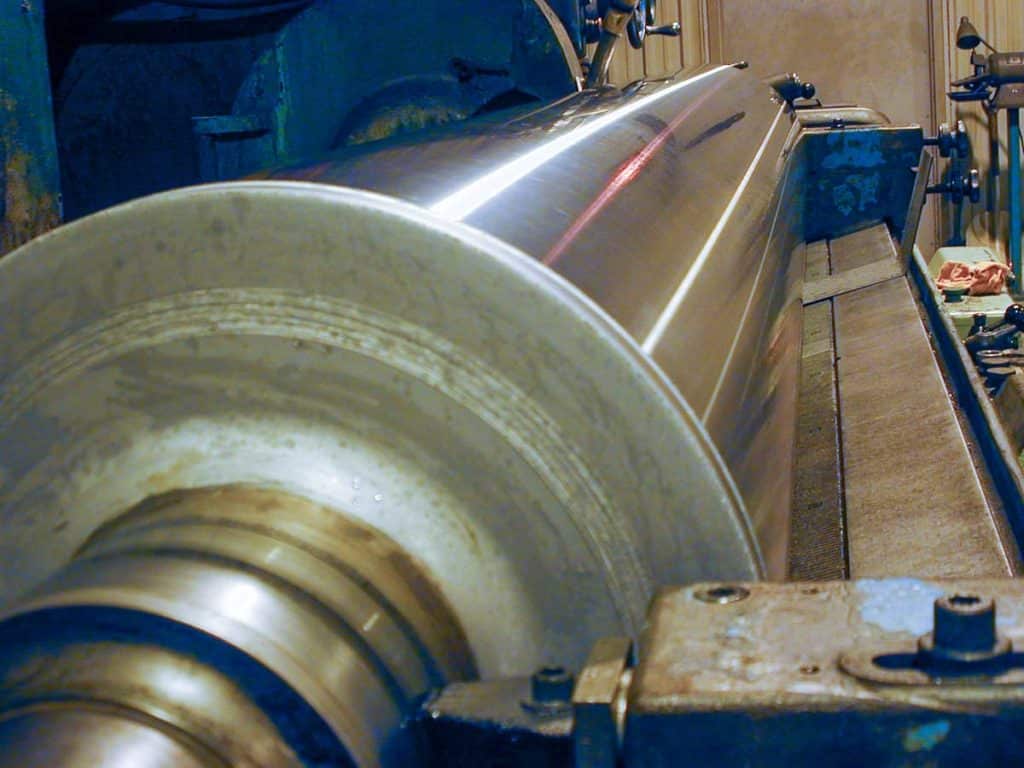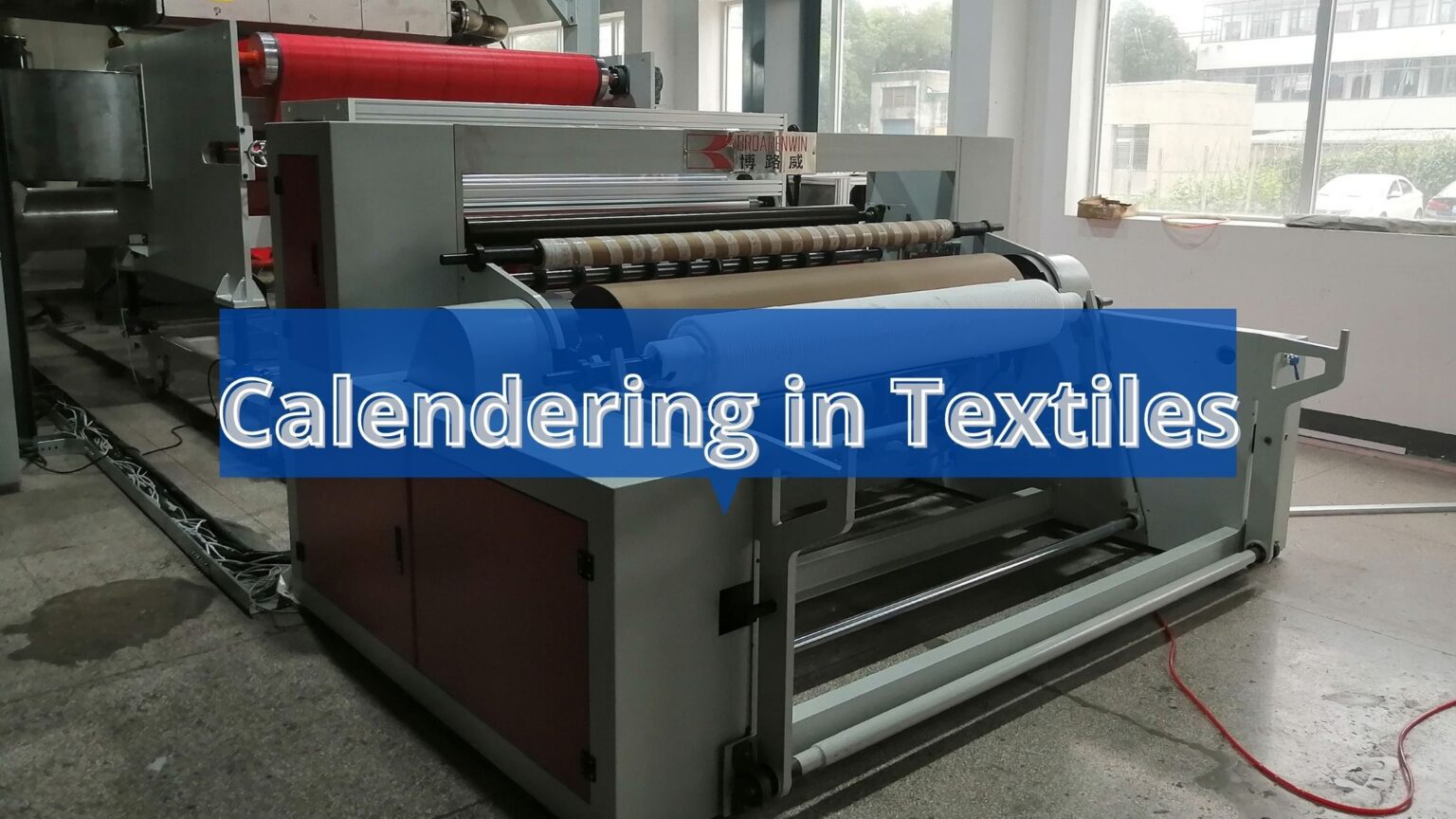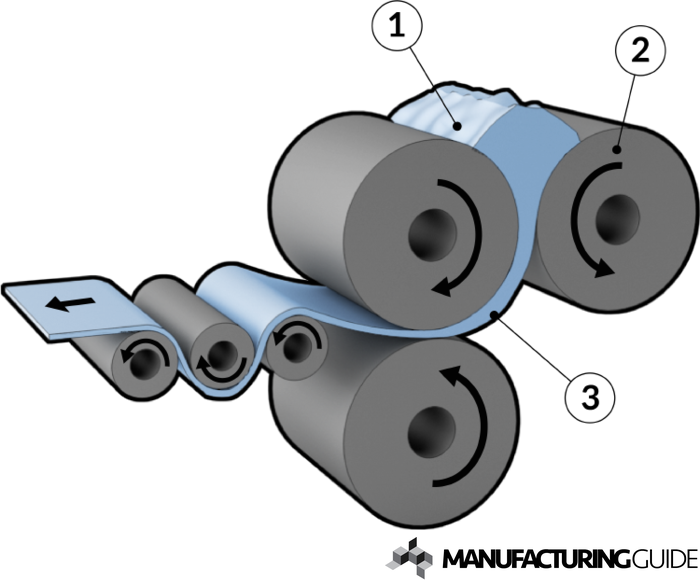Types Of Calendering
Types Of Calendering - A process of passing cloth between rollers (or “calendars”), usually under carefully controlled heat and pressure, to produce a variety of surface. Web common types of calendering machine used in the textile industry include: Swizzing calendars usually consist of seven to ten bowls. Web rubber calendering is a mechanical process that utilizes multiple rollers to reduce the thickness of the rubber material. Web voith offers calendering solutions for every requirement: It converts the raw rubber material into a. Web valmet's soft nip calenders are well suited for final calendering of different types of board, newsprint, and fine papers. Calendering in textile may simply be achieved while passing the textile substrate in between two heated drums or. A calender is employed, usually to smooth, coat, or thin a material. Another area of application is pre.
Web calendering can be classified into various types based on the desired effect and the characteristics of the fabric: When carried out on a paper machine, it is called. Web rubber calendering is a mechanical process that utilizes multiple rollers to reduce the thickness of the rubber material. A process of passing cloth between rollers (or “calendars”), usually under carefully controlled heat and pressure, to produce a variety of surface. Web common types of calendering machine used in the textile industry include: A calender is employed, usually to smooth, coat, or thin a material. Web calendering, process of smoothing and compressing a material (notably paper) during production by passing a single continuous sheet through a number of pairs of heated. Another area of application is pre. Soft nip or hard nip calendering, with single or multiple nips, whether calendering on one or both paper sides. Swizzing calendars usually consist of seven to ten bowls.
Web calendering is a type of mechanical levelling and segmenting process for ‘finishing’ fabrics or webs to produce a special effect, namely flattening, lustre, compacting, glazing,. Web there are several different types of calendering, each with its own unique characteristics and applications, including hot calendering, emboss calendering, and compacting. Calendering is a finishing process used on cloth and fabrics. Web common types of calendering machine used in the textile industry include: There are various calender types, including embossing calenders, friction. There are four classifications of thermoformin. Swizzing calendars usually consist of seven to ten bowls. Calendering is used on fabrics such as moire to produce its watered effect and also on cambric and some types of sateens. When carried out on a paper machine, it is called. Web calendering or extrusion film and sheet can, in principle, be made by calendering or by extrusion.
Calendering Alpha
Web valmet's soft nip calenders are well suited for final calendering of different types of board, newsprint, and fine papers. Textiles have several calendering processes, including uniform calendaring, chasing, glazed calendering,. A calender is employed, usually to smooth, coat, or thin a material. With textiles, fabric is passed under rollers at high temperatures and pressures. Calendering in textile may simply.
Nonwoven calendering performs crucial steps in manufacturing
Textiles have several calendering processes, including uniform calendaring, chasing, glazed calendering,. Web which types of calendering are used in textiles? Web the types of calendaring machines getting used in the industry are given below: Web calendering, process of smoothing and compressing a material (notably paper) during production by passing a single continuous sheet through a number of pairs of heated..
Types Of Calendering
Web the type of calender used depends on the type of cloth to be run and the relevant desired effect. In hot calendering, fabric passes. With textiles, fabric is passed under rollers at high temperatures and pressures. Calendering, shown in figure 2, is a unit operation which compresses the paper web between one or more rolling nips. Web valmet's soft.
6 Types Of Calendering Process In Textile Textile Property
Web the type of calender used depends on the type of cloth to be run and the relevant desired effect. The main calendering methods for various paper and board grades. Web this simultaneous action is called calendering. Textiles have several calendering processes, including uniform calendaring, chasing, glazed calendering,. Calendering in textile may simply be achieved while passing the textile substrate.
6 Types of Calendering Process in Textile ! Textile Property
Web the different calender types. Another area of application is pre. In hot calendering, fabric passes. Calendering, shown in figure 2, is a unit operation which compresses the paper web between one or more rolling nips. A process of passing cloth between rollers (or “calendars”), usually under carefully controlled heat and pressure, to produce a variety of surface.
Calender Wikipedia
A calender is employed, usually to smooth, coat, or thin a material. Calendering is used on fabrics such as moire to produce its watered effect and also on cambric and some types of sateens. Web calendering is a type of mechanical levelling and segmenting process for ‘finishing’ fabrics or webs to produce a special effect, namely flattening, lustre, compacting, glazing,..
10 Facts About Calendering in Textile! Textile Property
Web voith offers calendering solutions for every requirement: Calendering, shown in figure 2, is a unit operation which compresses the paper web between one or more rolling nips. Web which types of calendering are used in textiles? Soft nip or hard nip calendering, with single or multiple nips, whether calendering on one or both paper sides. Web common types of.
6 Types Of Calendering Process In Textile Textile Property
Web the types of calendaring machines getting used in the industry are given below: Web calendering can be classified into various types based on the desired effect and the characteristics of the fabric: Web calendering or extrusion film and sheet can, in principle, be made by calendering or by extrusion. A calender is employed, usually to smooth, coat, or thin.
Calendering Find suppliers, processes & material
Calendering, shown in figure 2, is a unit operation which compresses the paper web between one or more rolling nips. Soft nip or hard nip calendering, with single or multiple nips, whether calendering on one or both paper sides. Web calendering is a type of mechanical levelling and segmenting process for ‘finishing’ fabrics or webs to produce a special effect,.
6 Types of Calendering Process in Textile ! Textile Property
In hot calendering, fabric passes. With textiles, fabric is passed under rollers at high temperatures and pressures. Another area of application is pre. It converts the raw rubber material into a. Calendering in textile may simply be achieved while passing the textile substrate in between two heated drums or.
Web Calendering Can Be Classified Into Various Types Based On The Desired Effect And The Characteristics Of The Fabric:
Web the different calender types. Web this simultaneous action is called calendering. Swizzing calendars usually consist of seven to ten bowls. A process of passing cloth between rollers (or “calendars”), usually under carefully controlled heat and pressure, to produce a variety of surface.
Web Calendering Is A Type Of Mechanical Levelling And Segmenting Process For ‘Finishing’ Fabrics Or Webs To Produce A Special Effect, Namely Flattening, Lustre, Compacting, Glazing,.
A calender is employed, usually to smooth, coat, or thin a material. Web there are several different types of calendering, each with its own unique characteristics and applications, including hot calendering, emboss calendering, and compacting. Calendering is used on fabrics such as moire to produce its watered effect and also on cambric and some types of sateens. Web valmet's soft nip calenders are well suited for final calendering of different types of board, newsprint, and fine papers.
Soft Nip Or Hard Nip Calendering, With Single Or Multiple Nips, Whether Calendering On One Or Both Paper Sides.
With textiles, fabric is passed under rollers at high temperatures and pressures. The main calendering methods for various paper and board grades. Calendering is a finishing process used on cloth and fabrics. Web the type of calender used depends on the type of cloth to be run and the relevant desired effect.
Another Area Of Application Is Pre.
Web rubber calendering is a mechanical process that utilizes multiple rollers to reduce the thickness of the rubber material. Web calendering, process of smoothing and compressing a material (notably paper) during production by passing a single continuous sheet through a number of pairs of heated. When carried out on a paper machine, it is called. Calendering, shown in figure 2, is a unit operation which compresses the paper web between one or more rolling nips.









